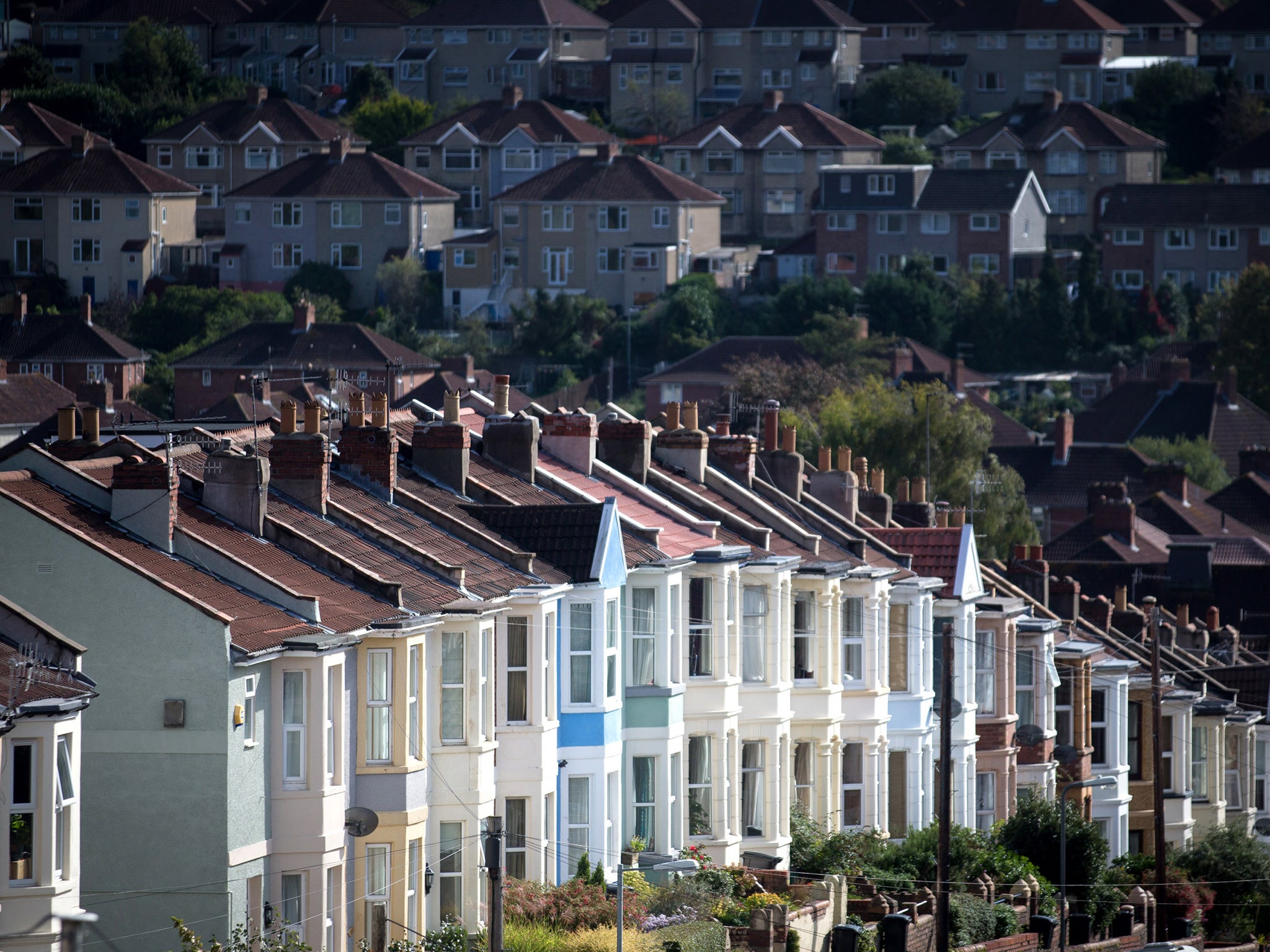Budget 2015 – housing: 'Help to buy Isa' threatens further house price rises
First-time buyers will get a handout to help them onto the property ladder

Your support helps us to tell the story
From reproductive rights to climate change to Big Tech, The Independent is on the ground when the story is developing. Whether it's investigating the financials of Elon Musk's pro-Trump PAC or producing our latest documentary, 'The A Word', which shines a light on the American women fighting for reproductive rights, we know how important it is to parse out the facts from the messaging.
At such a critical moment in US history, we need reporters on the ground. Your donation allows us to keep sending journalists to speak to both sides of the story.
The Independent is trusted by Americans across the entire political spectrum. And unlike many other quality news outlets, we choose not to lock Americans out of our reporting and analysis with paywalls. We believe quality journalism should be available to everyone, paid for by those who can afford it.
Your support makes all the difference.First-time buyers will get a handout from government to help them reach the first rung of the property ladder, under a new “Help to Buy Isa”.
The savings accounts, which will become available at high-street banks and building societies this autumn, will offer savers a £50 bonus for every £200 they save towards a deposit. The state will pay out a maximum of £3,000, on savings of £12,000.
But housing experts warned the policy could increase housing demand without encouraging the building of more homes, leading to house price rises which could push home ownership further out of the reach of young people.
The National Housing Federation calculated that the scheme will cost the Government £2.1bn over five years, money which would help housing associations to build 69,000 new affordable homes. George Osborne said the new Help to Buy ISAs would see the Government working “hand in hand” with families trying to buy their first home.
They can be opened with a maximum deposit of up to £1,000, with monthly savings capped at £200. A 25 per cent bonus is accumulated on both savings and interest earned each month. Savers will be able to withdraw their funds if they need them, but the bonus will only be paid out on the purchase of a property costing less than £250,000 outside London, or less than £450,000 in the capital.
A couple buying a property together can draw savings from two Help to Buy ISA accounts, and both will be paid a bonus. Accounts can be opened for four years.
Campbell Robb, chief executive of the housing charity Shelter, described the ISA as a “sticking plaster over a gaping wound”. “Only measures that actually build more homes will make a material difference to all those priced out and struggling with-sky high housing costs,” he added.
Gillian Coverley, a property lawyer and partner at law firm Irwin Mitchell, said more buyers with deposits would give the construction industry a boost but could also “potentially lead to house price rises and inflated values as there is much more competition at the bottom end of the market”.
The Chartered Institute of Housing criticised the Chancellor for failing to use his Budget to invest in new housing. Gavin Smart, interim chief executive, said: “For decades we have failed to build enough new homes to keep up with our growing population, and the gap between the haves and have nots is getting bigger all the time. For many people, affording a decent, suitable home either to rent or buy is a distant dream.”
The Budget contained two small measures aimed at increasing the number of new properties built each year. Mr Osborne promised more funding for the London Land Commission to address housing shortages in the capital and announced the creation of 20 housing zones, within which planning rules are relaxed and deals are brokered with developers to speed up house building.
Home Group, a large national housing association, had lobbied hard for the change. “Enterprise zones worked for business when implemented correctly and the concept will work to help housing providers deliver the homes which are so desperately needed if implemented correctly,” said its chief executive Mark Henderson.
Case study: First-time buyers
But four years is a very long time for a relatively small reward, and it’s likely that the rise in house prices would swallow up that saving anyway. We can blame the lack of affordable housing for that. Not to mention the rent and deposit money we’d have wasted away in that time.
The petrol freeze is positive and the rise in tax-free personal allowance helps our finances – especially for my partner, who earns less than I do.
A promise for lower tuition fees could have swayed my vote. Even though I’m out of education now, it’s something I feel strongly about because I know so many people who got stumped by the rise in fees after the last election.
Which way will you vote?
I voted Green last time, but as yet I’m undecided about this election. The new Budget has not had any effect on how I will vote in May.”
Join our commenting forum
Join thought-provoking conversations, follow other Independent readers and see their replies
Comments